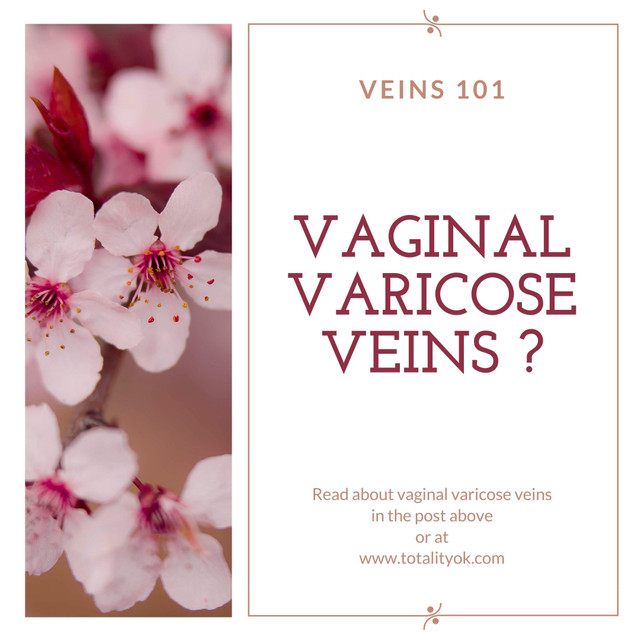Vaginal Varicose Veins… What a nuisance! Unfortunately, pregnant individuals are most at-risk for developing them. Vaginal Varicose Veins are very normal, and are referred to as Vulvar Varicosities, since they don’t actually impact the vaginal canal and only the surrounding vulva.
These Varicosities can be unsightly, painful, swollen, itchy, and simply uncomfortable. Pregnancy is a time when your body goes through so many changes, and this is another one of those changes.
We know that Vulvar Varicosities are the last thing you want to be thinking about as you prepare to welcome your little one into the world. While they’re normal and don’t pose any threats to your overall health, they are treatable. You don’t have to live with them
So, they are treatable and not life threatening… why do I get them?
Good question! Just as Varicose Veins anywhere on the body are formed, Vulvar Varicosities are caused by increased blood flow and malfunctioning valves in the veins. As the blood flow increases and the valves fail, blood pools and flows backwards in the vein causing varicose veins to form.
When you are pregnant, the volume of blood that is pumped through your body increases by 30-50%! Your body works hard to nurture and care for the fetus. While the majority of this blood goes to your uterus for the fetus, the vulva and genital area is also impacted. This is the cause of your pesky Vulvar Varicosities.
You said they could be treated? How?
Another great question! Vulvar Varicosities are typically treated in the office via injection sclerotherapy. The procedure requires a small needle to be placed in the vein and polidocanol sclerosant is then injected through the needle to seal the vein. The procedure is quick and virtually painless… the best part? It’s all done in office!
In order to know the best treatment options for your Vulvar Varicosities, it is important that you consult with a physician.
Have additional questions? Email us at info@totaltiyok.com

